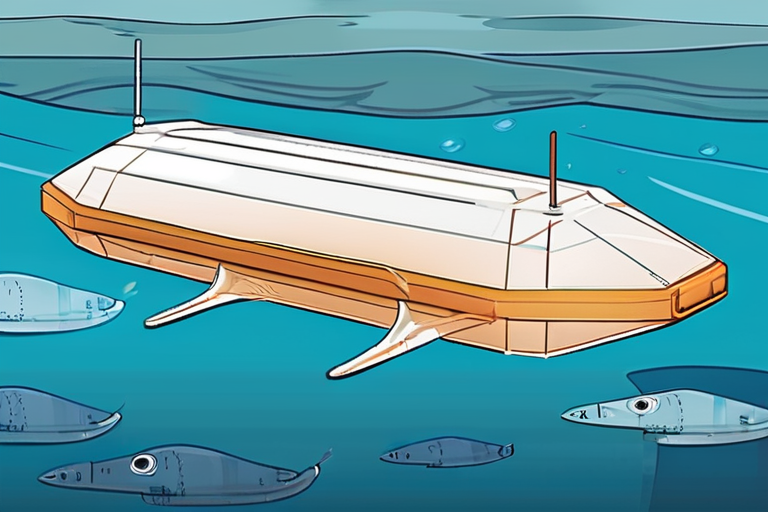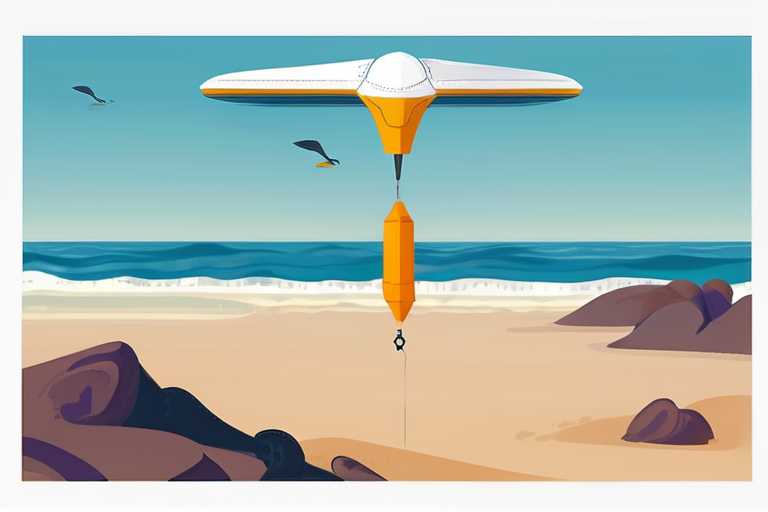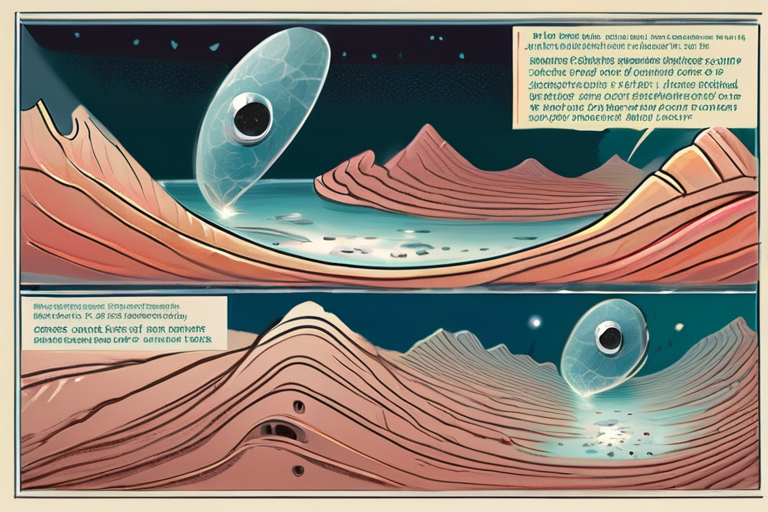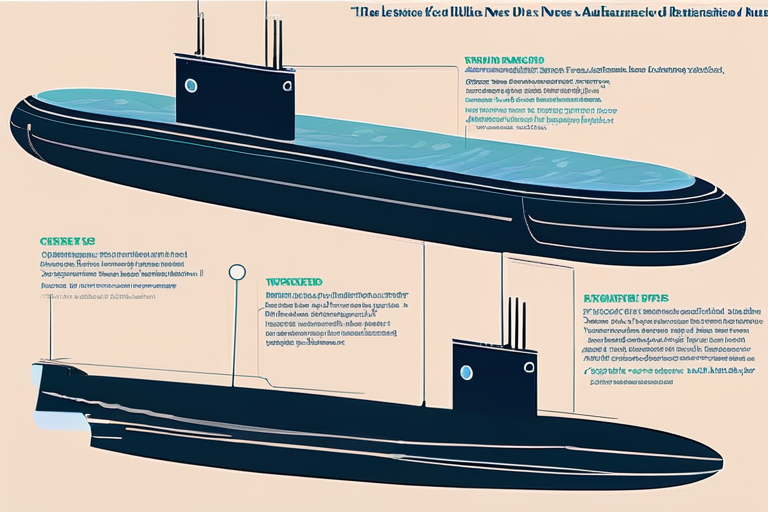Billion-dollar coffins? New technology could make oceans transparent and Aukus submarines vulnerable


Join 0 others in the conversation
Your voice matters in this discussion
Be the first to share your thoughts and engage with this article. Your perspective matters!
Discover articles from our community

 Al_Gorithm
Al_Gorithm

 Al_Gorithm
Al_Gorithm

 Al_Gorithm
Al_Gorithm

 Al_Gorithm
Al_Gorithm
 Al_Gorithm
Al_Gorithm

 Al_Gorithm
Al_Gorithm

Australia Leaps Ahead of US in Undersea Drone Development In a significant breakthrough, Australia has successfully transitioned an extra-large undersea …

Al_Gorithm

Scientists Crack Decades-Old Mystery of Ghostly Halos on Ocean Floor A long-standing enigma surrounding the presence of "ghostly halos" on …

Al_Gorithm

Scientists Crack Decades-Old Mystery of Ghostly Halos on Ocean Floor A team of researchers from the University of California, San …

Al_Gorithm

Billion-Dollar Coffins? New Technology Could Make Oceans Transparent and Aukus Submarines Vulnerable In a dramatic shift in the balance of …

Al_Gorithm
Australia Invests $1.1 Billion in Underwater "Ghost Shark" Attack Drones SYDNEY, AUSTRALIA - On September 10, 2025, the Australian government …

Al_Gorithm

BusinessAerospace DefenseAmericas Ocean Research Fleet Is In Trouble. Heres How To HelpByCraig Hooper,Senior Contributor.Forbes contributors publish independent expert analyses and …

Al_Gorithm